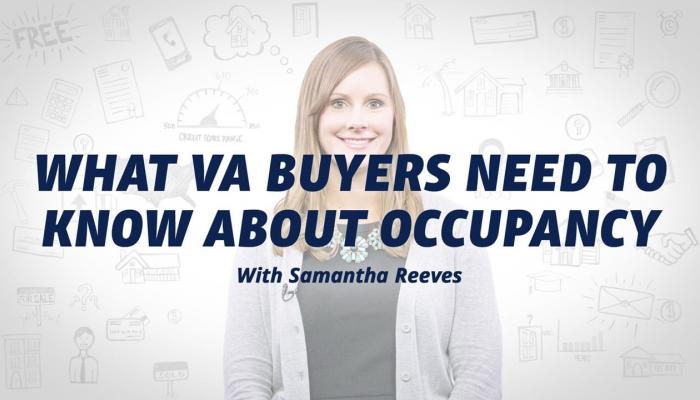For many Veteran homeowners, the VA loan journey doesn't end with the first home. Borrowers can keep their current home and purchase a second home with a VA loan using second-tier entitlement.
Can I use a VA loan for a second home?
It's possible to get a VA loan for a second home, but there are limitations.
One of the most common circumstances is when an active military member has to PCS to a new duty station. Borrowers may keep their home because it’s difficult to sell. Others like the idea of using their first home as a rental property.
But how does the VA loan framework accommodate repeat buyers? Today, we'll walk you through the nuances of securing a second VA loan with common scenarios to guide you.
How to Get a Second VA Loan
Getting a second VA loan will vary depending on how you intend to handle your first property.
If you want to buy a second home with a VA loan, you must intend to occupy it. There are no VA guidelines surrounding how long you must live in the house before you can sell it, but most VA lenders cite a 12-month minimum in the paperwork.
If You Are Selling Your Home
Selling your home is the easiest way to get a second VA loan. That is because you are simultaneously meeting two VA requirements:
- Paying off the first VA loan, therefore restoring your entitlement
- Giving your first home away, which suggests you intend to occupy your new home as a primary residence
As long as you were able to pay off your first VA loan through the sale–meaning you did not have a short sale–you should have no issue getting another VA loan.
After you have completed the home sale, you must request an update to your Certificate of Eligibility so that your 0% down with no loan limit benefit can be applied to your new VA mortgage.
» CALCULATE: Calculate your VA Loan savings
If You Are Keeping Your Home
While it's true that VA loans have occupancy rules that restrict buyers from buying with the intent to use the property for income-producing purposes, it's possible to buy with a VA loan, live in the property for a while, and then rent it out to others upon relocating.
You must rely on second-tier entitlement (aka bonus entitlement) for your new VA loan unless you paid off your previous VA mortgage or invoked what is known as a one-time restoration of entitlement. Most VA lenders only offer a $0 down payment if 25% of the loan is guaranteed. Unless you have your full entitlement, the amount you can borrow with 0% down is subject to loan limits.
For example, if you had $70,000 of remaining entitlement after your first VA loan, a VA lender would only approve a maximum loan amount of $280,000 (4 times $70,000) without a down payment. But say you wanted a home that was $350,000. Most VA lenders would require you to pay $17,500 out of pocket to meet the $87,500 so that a quarter of the loan amount is covered.
If you plan on keeping your home and buying again, you will still need to update your COE. After that, your lender can walk you the rest of the way.
Your VA lender can also help you determine how your remaining entitlement affects your new VA terms, or you can calculate it here.
If You Foreclosed on Your First Home
If you foreclosed on your first VA loan, it doesn't mean you've lost the ability to get another one.
However, there are several barriers to getting a second VA loan. We've created a comprehensive guide to walk you through getting a VA loan after foreclosure, but let's touch on some key points:
- VA lenders have a two-year minimum waiting period before they will allow you to borrow again
- Understand that you've lost some of your entitlement through foreclosure, which you can only restore if you pay the government in full
- Some lenders offer foreclosure forgiveness if the foreclosure was due to an extenuating circumstance (such as an illness or sudden death of a spouse)
Funding Fee for a Second VA Loan
The VA funding fee is tied to each VA loan and helps fund the program for future Veterans and service members.
Unless you are exempt from paying the VA funding fee, it will be applied to each VA loan you take out. The VA funding fee varies from 0.5% to 3.3%. The more money you put down, the smaller the fee, which you can calculate here.



